|
|
Alchemy and MysticismBack to introduction.Alchemy has always had many facets. It has never been exclusively about the practical working with substances, but always had a spiritual and soul aspect, and some writers and manuscripts even address important religious ideas. One might think that alchemy became gradually more and more spiritual throughout the centuries, however this is not borne out by the manuscripts and books. Some of the earliest alchemical manuscripts are concerned primarily with spiritual or mystical matters. For example, the Buch der Heiligen Dreifaltigkeit, one of the earliest German alchemical manuscripts (dated to 1515) deals with parallels between Christ and the alchemical process. These Christian parallels are also explored by the very influential Siebmacher's Waterstone of the Wise, which went through 14 editions. Paracelsus (1493-1541), the great reformer of alchemy, also wrote on religious and spiritual matters, and his influence on late 16th and 17th century alchemy was profound. During the early 17th century Jacob Boehme (1575-1624) wrote a number of mystical works, some of which drew on Paracelsist alchemical ideas - the Signaturum Rerum, the Threefold life of Man, and the Four Complexions. These were published throughout the 17th century and developed a new thread of mysticism, with alchemical resonances.
In many alchemical works the mystical and practical threads are so closely interwoven that it is not possible to separate them, and we must come to see that, for many alchemists, the mystical was alive, immanent, in the material of the world, and the alchemical transmutation process was for them a kind of mystical purification.
The Waterstone of the Wise |
Introduction Reading list Some quotations Frequently asked questions Common misconceptions Timeline The different ways of looking at alchemy -------
Proto-chemistrySymbolism Psychology allegorical journeys mysticism metaphysical historians of ideas 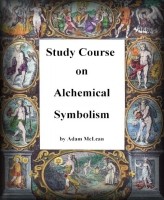 Study Courses
Study Courses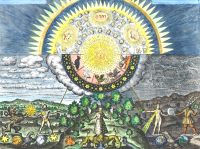 Alchemical, astrological and emblematic art prints 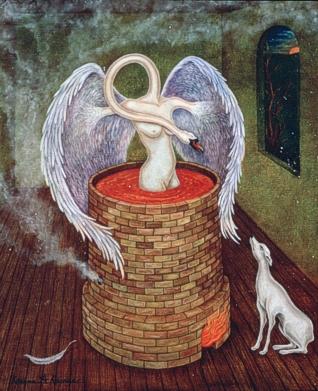 Alchemy and art 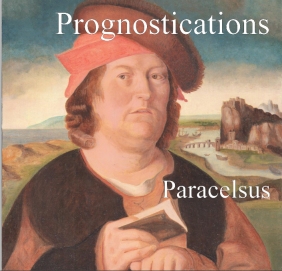 Art books Series 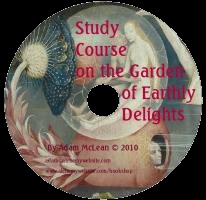 Study course on Bosch's Garden of Earthly Delights New Hieronymus Bosch Website |